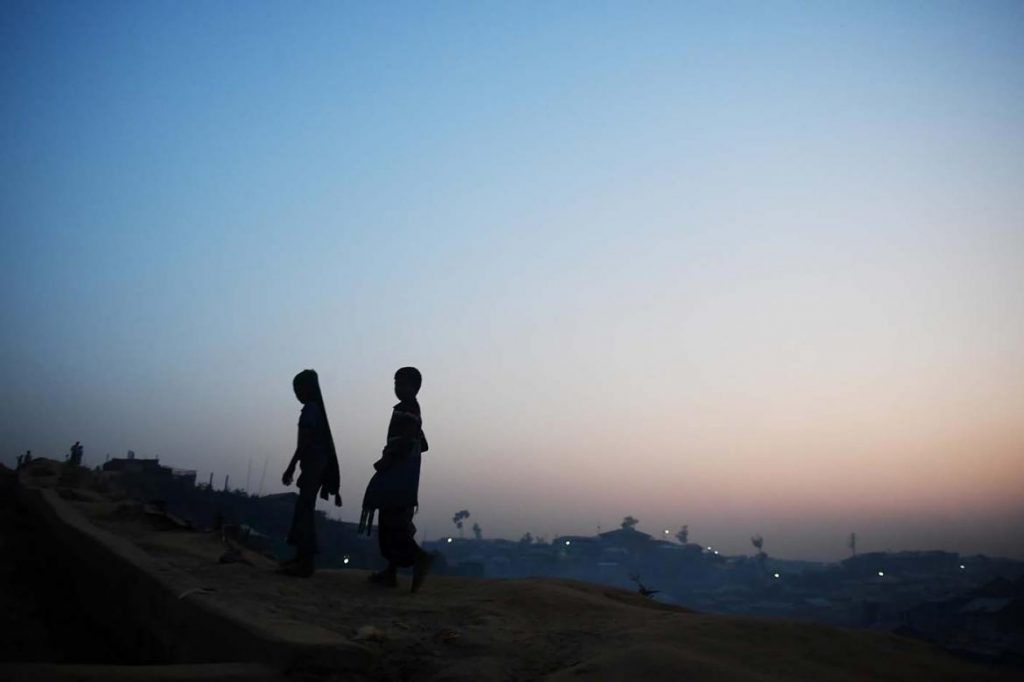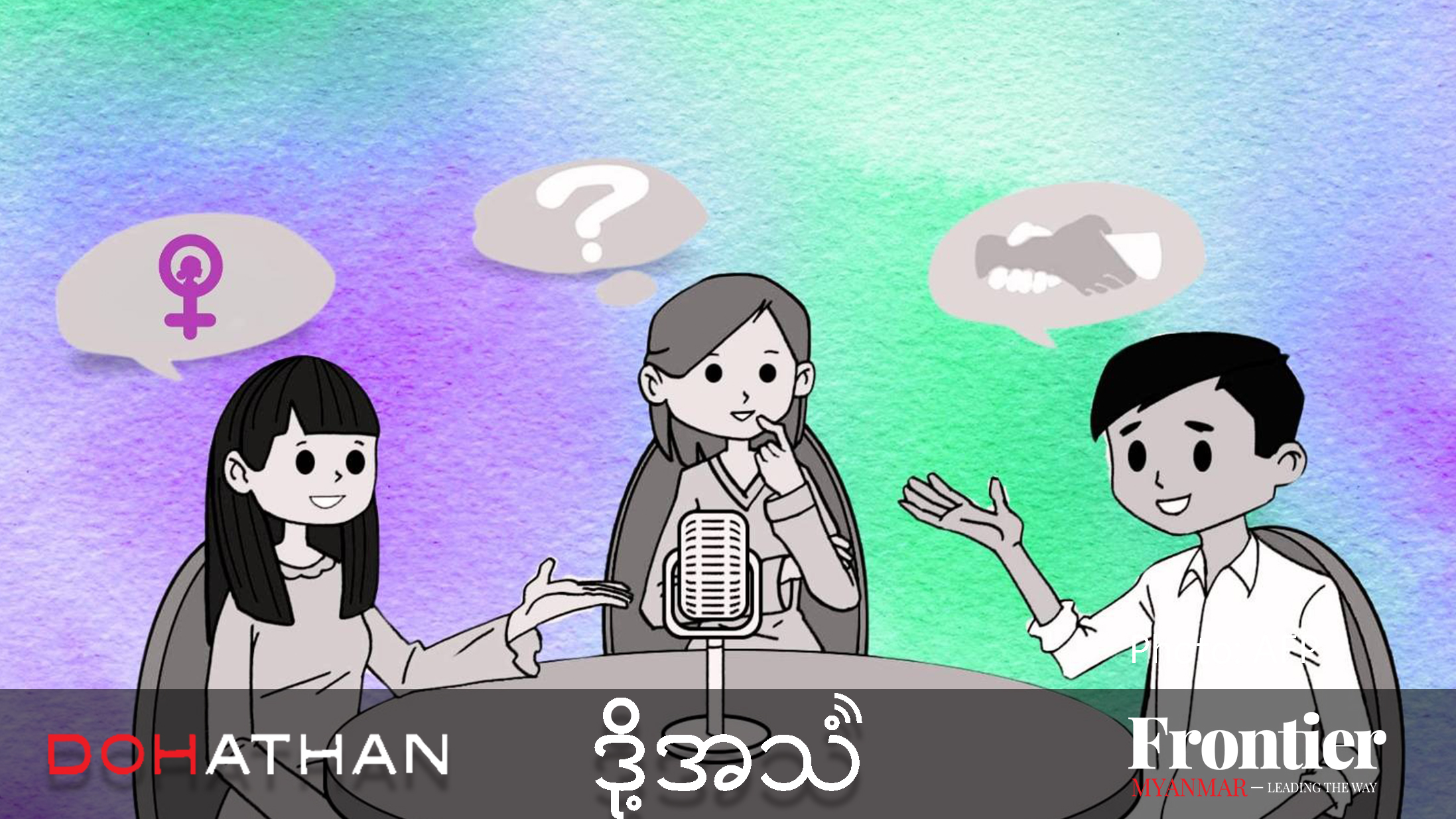By FRONTIER
YANGON — Victims of severe human rights and religious freedom violations in Myanmar have “little hope for justice”, says the annual report of a United States government advisory commission.
Released this week, the report by the US Commission on International Religious Freedom, which focuses heavily on the Rakhine crisis, said religious freedom trended negatively in Myanmar in 2018.
Based on “systematic, ongoing, egregious violations of religious freedom”, the USCIRF recommended that Myanmar again be designated by the US State Department as a “country of particular concern”.
The commission noted that the State Department, which releases an annual report on religious freedom in every nation around the world, had designated Myanmar as a CPC since 1999.
Support more independent journalism like this. Sign up to be a Frontier member.
The commission’s reports differ from those of the State Department, in part because they focus on fewer countries, with the latest evaluating 28 nations.
Apart from Myanmar, the commission recommended that 10 countries be redesignated as CPCs, including China, Iran, North Korea, Pakistan, Saudi Arabia and Sudan.
It said victims of severe human rights and religious freedom violations with “little hope of justice” include Rohingya and other Muslims, Buddhists, Christians and Hindus, as well as ethnic Kachin, Shan, Karen, Rakhine and Chin.
“Despite the fact that Burma’s government, military, and nonstate actors have denied responsibility and largely evaded accountability for widespread atrocities, the United States and its allies have imposed a handful of targeted sanctions against military actors ‘for their involvement in ethnic cleansing in Burma’s Rakhine State and other widespread human rights abuses in Burma’s Kachin and Shan States’,” the report said.
It said that as of January 2019, just after the period covered by the report, there were 911,000 Rohingya Muslims in camps in Bangladesh, of whom more than 700,000 had fled Myanmar after military crackdowns in northern Rakhine in October 2016 and August 2017.
“For the Rohingya Muslims who remained in Burma, their deprivation of rights and ongoing humanitarian crisis has been catastrophic,” said the report.
It noted that the US had in November 2017 labelled atrocities in Rakhine as ethnic cleansing and that a United Nations fact-finding mission which had also examined evidence from Kachin and northern Shan states had concluded that crimes against humanity and genocide had occurred.
The report said that during 2018, Myanmar’s military and nonstate actors “continued to target with discrimination and violence other religious and ethnic minorities in addition to Rohingya Muslims, such as Christians”.
Decades of growing suspicion and depleted trust across religious and ethnic groups had in recent years been amplified by the proliferation of social media platforms to spread rumours, cultivate intolerance and incite violence, it said.
“In 2018, Burma’s government tapped into increasing nationalist fervor by continuing to target critics – both domestically and internationally – including by vilifying both peaceful expression and the media, exemplified by seven-year prison sentences for two Reuters journalists who reported on atrocities against Rohingya Muslims,” the commission said.







